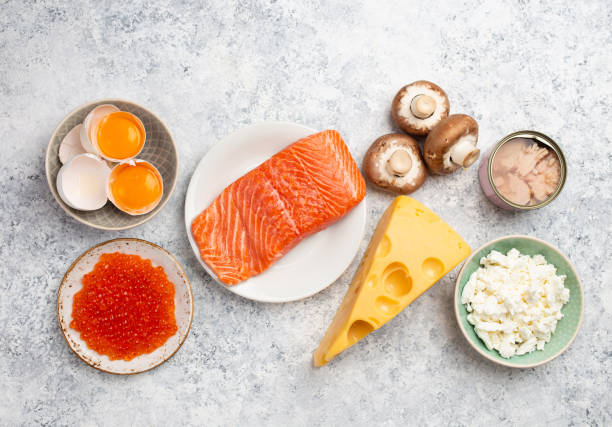
Although the foods you eat may not be able to completely cure certain diseases, they can make your life easier. Oftentimes people suffer from certain symptoms that could be more severe than they know. Pelvic pain is a common symptom that could be a result of a kidney infection, STDs, or fibroids. Fibroids are growths that can develop in the uterus that can cause severe abdominal pain and heavy periods. These issues commonly cause pain in the pelvic area. If you’re suffering from pelvic pain, there are ways to ease the pain. The food you eat can’t directly shrink fibroids, but certain diets can bring relief to certain symptoms like heavy menstrual bleeding, bloating lower back pain, and pelvic pain. Extreme or mild pelvic pain can potentially slow down your daily activity. Things like walking, exercising, walking upstairs, and even sitting down can be affected. Some studies even show that fibroids and pelvic pain are more common in those who are overweight and obese. This means that naturally, losing weight will be an automatic benefit. Here are some foods to add to your diet if you are having issues with your fibroids.
Garlic

High levels of estrogen can increase your chances of fibroids, which heightens your chances of severe symptoms.
Garlic has antibiotic, antiviral, and antifungal qualities that can balance out the high levels of estrogen.
The lower the level of estrogen, the higher chance you have of preventing your fibroids from pressing against other organs causing abdominal pain.
Garlic can be added to many dishes so it won’t be hard to add this to your daily diet.
RELATED: What Does Your Pelvic Pain Mean?
Pineapple

Pineapples have anti-inflammatory qualities that can reduce fibroid-related discomfort and cramping.
Pineapple in its natural state or a capsule can do the trick.
Pineapples have a sweet taste and can be consumed in so many ways. This makes it easier to add to other food and beverages for health benefits.
Vitamin D3

Some studies show that a lack of this vitamin D3 could put you at risk of developing fibroids. Foods like egg yolks, breakfast cereals, salmon, and tuna are great sources of this vitamin! There are plenty of options when it comes to getting vitamin D, which means this won’t be hard to add to your diet.
Bananas

This fruit has plenty of fiber, antioxidants, magnesium, and potassium and these are great for fueling the body. These nutrients can help slow down fibroid growth. Although bananas may not be the favorite amongst fruits, they are cheap and can be added to smoothies.
RELATED: 5 Everyday Activities Causing Pelvic Pain and Bladder Pressure
Fruits That Fight Fibroids
- citrus
- apples
- pears
- avocados
- seeds
- flax
- nuts
- legumes
- coconut water
Foods To Avoid
Now that we understand what foods can help reduce inflammation and pelvic pain due to fibroids, let’s talk about what to avoid. Foods like processed meats, beef or lamb have high levels of added hormones, which can cause inflammation.
High-fat dairy also contains steroids and other chemicals, which can cause inflammation.
Anything that makes you feel bloated won’t be good for your pelvic area or your fibroids. Refined carbohydrates like soda, white rice, and pasta can cause bloating aggravating your fibroids.
Also, caffeine and alcohol are a bad idea if you want to keep your fibroids in check.
Changing your diet can significantly help your pelvic pain and fibroid problems, but also enhance your overall well-being. If your pelvic pain is consistent after changing your diet and still preventing you from doing a daily activity, then it's important to see a healthcare professional. There are plenty of non-surgical treatment options that can help you get your fibroids in check.








